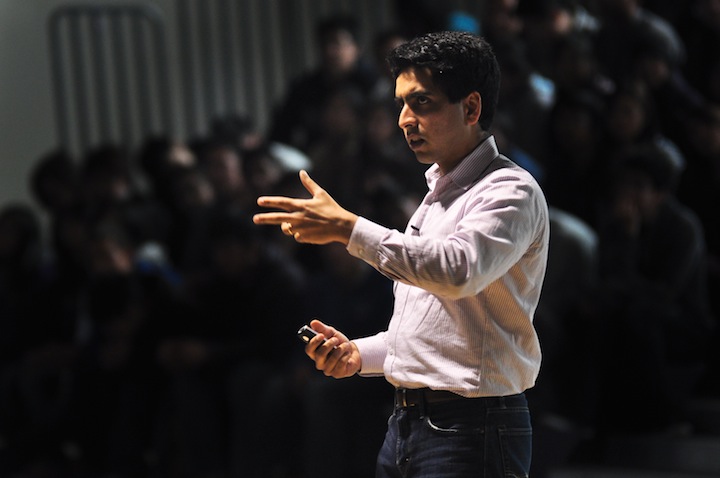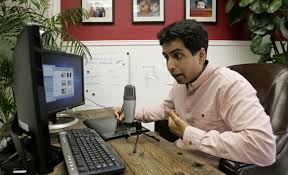


You have teachers that are feeling depleted. You had faculty, administrators, students, everybody trying the best they could. Tell me more about what you make of that. It isn’t just something they can fix in a month, but something they’re going to want to fix over the next three, four, five years. I think the whole system is still in that mode.Īt the same time, we have all of these districts we’re working with who are recognizing that learning loss is a very real thing and they’re going to have to invest. The metaphor that is popping into my head is a spare tire, that’s not full-sized and you can only drive 40 miles per hour on, and can’t take on the highway.

There’s less aggregate learning time happening in the system right now. It is key to attaining the United Nations Millennium Development Goals.But even this year, I think they’re not covering as much. Robert Siegel talks to Alex Pham, technology journalist for the Los Angeles Times, about its effect on the online world.In 2011, the World Bank launched a new Education Sector Strategy 2020, “Learning for All.” The strategy recognizes that the knowledge and skills that children and youth gain, through learning, help lift them out of poverty and drive development.Education is universally recognized as one of the most fundamental building blocks for human development and poverty reduction. Listen to the story on NPR about the YouTube Phenomenon, as it celebrated its five-year anniversary in 2010. With a library of over 4,000 videos on everything from arithmetic to physics, finance, and history and hundreds of skills to practice, the Khan Academy is on a mission to help people learn what they want, when they want, at their own pace.Sir Ken Robinson makes an entertaining and profoundly moving case for creating an education system that nurtures (rather than undermines) creativity in his 2006 TED Talk.


 0 kommentar(er)
0 kommentar(er)
